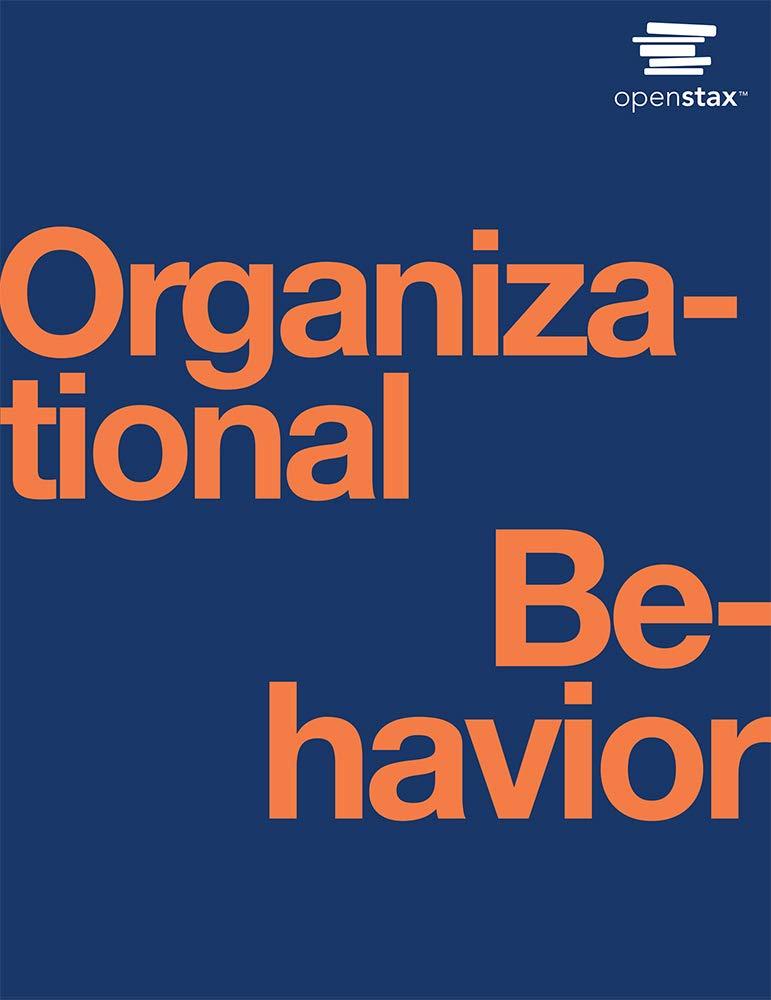Sharon Johnson worked for a publishing company based in Nashville, Tennessee, that sold a line of childrens
Question:
Sharon Johnson worked for a publishing company based in Nashville, Tennessee, that sold a line of children’s books directly to the public through a door-to-door sales force. Sharon had been a very successful salesperson and was promoted first to district and then to regional sales manager after just four years with the company. Sales bonuses were fixed, and a fixed-dollar bonus was tied to every $1,000 in sales over a specific minimum quota. However, there was a wide variety of rewards, from praise to gift certificates, that were left to Sharon’s discretion.
Sharon knew from her organizational behavior class that giving out praise to those who liked it and gifts to those who preferred them was an important means of reinforcing desired behavior, and she had been quite successful in implementing this principle. She also knew that if you reinforced a behavior that was “on the right track” to the ideal behavior you wanted out of a salesperson, eventually you could shape their behavior, almost without their realizing it.
Sharon had one particular salesperson, Lyle, that she thought had great potential, yet his weekly sales were somewhat inconsistent and often lower than she thought possible. When Lyle was questioned about his performance, he indicated that sometimes he felt that the families he approached could not afford the books he was selling and so he did not think it was right to push the sale too hard. Although Sharon argued that it was not Lyle’s place to decide for others what they could or could not afford, Lyle still felt uncomfortable about utilizing his normal sales approach with these families.
Sharon believed that through subtle reinforcement of certain behaviors she could shape Lyle’s behavior and that over time he would increasingly use his typical sales approach with the families he thought could not afford the books. For example, she knew that in the cases of families Lyle thought could not afford the books, he spent only 3.5 minutes in the house compared to 12.7 minutes in homes of families he judged able to afford the books. Sharon believed that if she praised Lyle when the average time he spent in each family’s home was quite similar that Lyle would increase the time he spent in the homes of families he judged unable to afford the books. She believed that the longer he spent in these homes, the more likely Lyle was to utilize his typical sales approach. This was just one of several ways Sharon thought she could shape Lyle’s behavior without trying to change his mind about pushing books onto people he thought could not afford them.
Sharon saw no ethical issues in this case until she told a friend about it and the friend questioned whether it was ethical to utilize learning and reinforcement techniques to change people’s behavior “against their will” even if they did not realize that this was happening.
Question
1. What is reinforcement, and how can it be applied to motivation?
2. What are the four strategies to use for behavioral change?
3. What is the significance of schedules in changing behavior?
Step by Step Answer:






